Introduction: Why Herbs Matter
Herbs are essential for transforming ordinary dishes into extraordinary culinary experiences. This guide covers the top 10 essential herbs for cooking, their specific uses, fresh vs. dried comparisons, buying tips, storage methods, and creative applications to maximize flavor in every meal.
Table of Contents
- The Ultimate Herb Guide: 10 Herbs You Should Know
- Fresh vs. Dried: Which Is Better?
- Buying Guide: How to Choose the Best Herbs
- Creative Ways to Use Herbs in Everyday Cooking
- Storing Tips for Maximum Freshness
- Frequently Asked Questions About Herbs
- Conclusion: Elevate Your Kitchen with Herbs

| Herb | Flavor Profile | Ideal Pairings | Best Used |
|---|---|---|---|
| Basil | Sweet, peppery, slightly minty | Pasta sauces, tomatoes, mozzarella | Fresh |
| Thyme | Earthy, slightly minty | Roasted meats, soups, stews | Dried or fresh |
| Rosemary | Piney, resinous | Lamb, roasted potatoes, focaccia | Fresh |
| Cilantro | Peppery, citrusy | Mexican, Indian, Asian dishes | Fresh |
| Oregano | Robust, spicy | Italian sauces, grilled veggies, pizzas | Dried |
| Dill | Grassy, delicate, licorice-like | Fish, sour cream, pickles | Fresh |
| Chives | Mild oniony, fresh | Eggs, salads, baked potatoes | Fresh |
| Mint | Cool, refreshing | Mediterranean dishes, desserts, drinks | Fresh |
| Parsley | Crisp, mild, leafy green | Garnishes, tabbouleh, meat dishes | Fresh |
| Sage | Woody, savory | Stuffing, poultry, pasta | Dried or fresh |
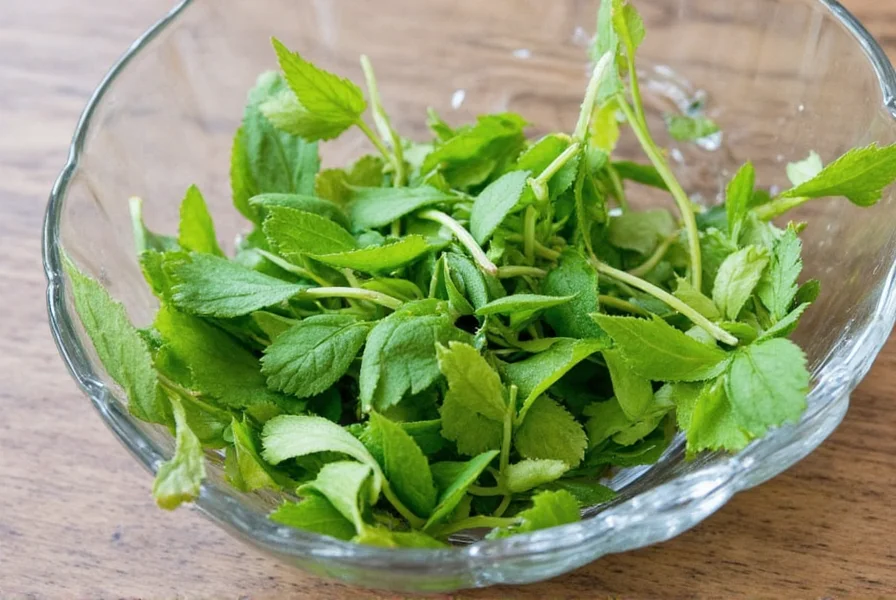
Fresh vs. Dried: Which Is Better?
One of the biggest debates in the spice world is whether fresh or dried herbs reign supreme. Spoiler: It depends.
When to Use Fresh Herbs:
- For bright, vibrant flavors (like cilantro in salsa or basil in pesto)
- As a garnish or finishing touch
- With delicate dishes where flavor subtlety matters
When to Use Dried Herbs:
- In long-cooked dishes (soups, stews, braises) to allow flavors to infuse slowly
- When convenience and shelf life matter
- To add depth to rubs, marinades, or sauces
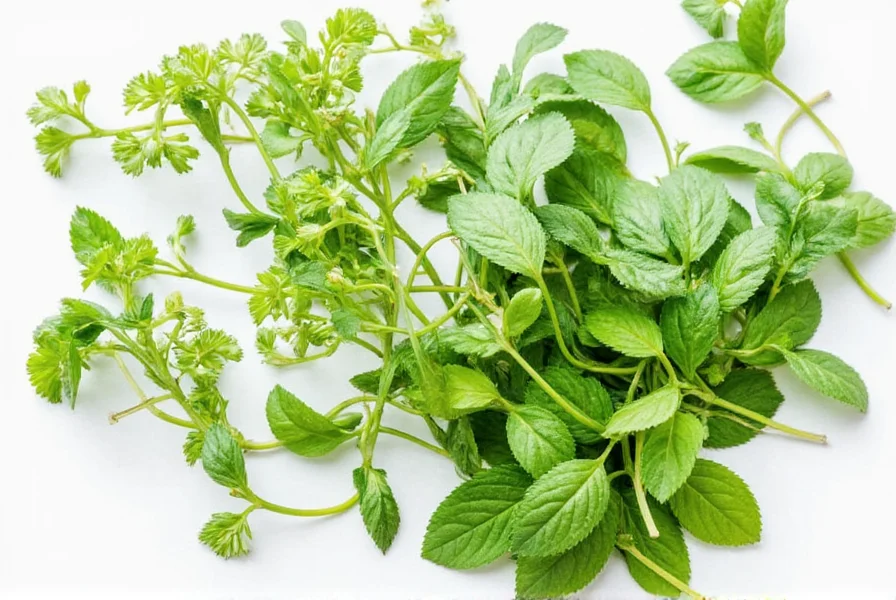
Buying Guide: How to Choose the Best Herbs
Buying the right herbs can make all the difference between a good meal and a great one. Here's what to look for when shopping:
Fresh Herbs:
- Appearance: Vibrant color, firm stems, no signs of wilting or yellowing
- Smell: Strong, aromatic scent without any musty or off odors
- Touch: Leaves should feel crisp and not slimy or sticky
Dried Herbs:
- Packaging: Look for opaque containers to preserve potency
- Expiration: Check the "best by" date; most dried herbs last about 1–3 years
- Color: Should retain vibrant hues — dull color means diminished flavor
Top Products for Herb Lovers:
| Product | Features | Advantages | Use Case | Audience | Occasion |
|---|---|---|---|---|---|
| KitchenAid Herb Keeper | Self-watering storage system for fresh herbs | Extends shelf life up to 2 weeks | Home kitchens | Beginner cooks and enthusiasts | Daily cooking prep |
| SpiceLuxe Organic Dried Herbs Set | 100% organic, non-GMO, glass jars | Long shelf life, strong aroma, eco-friendly | Meal prepping, camping | Outdoor chefs and minimalists | Weekly cooking routines |
| HGTV Living Indoor Herb Garden Kit | Grow your own fresh herbs indoors year-round | Cost-effective, sustainable, fun DIY project | Apartment living, gardening beginners | Urban dwellers, families | Seasonal cooking and parties |
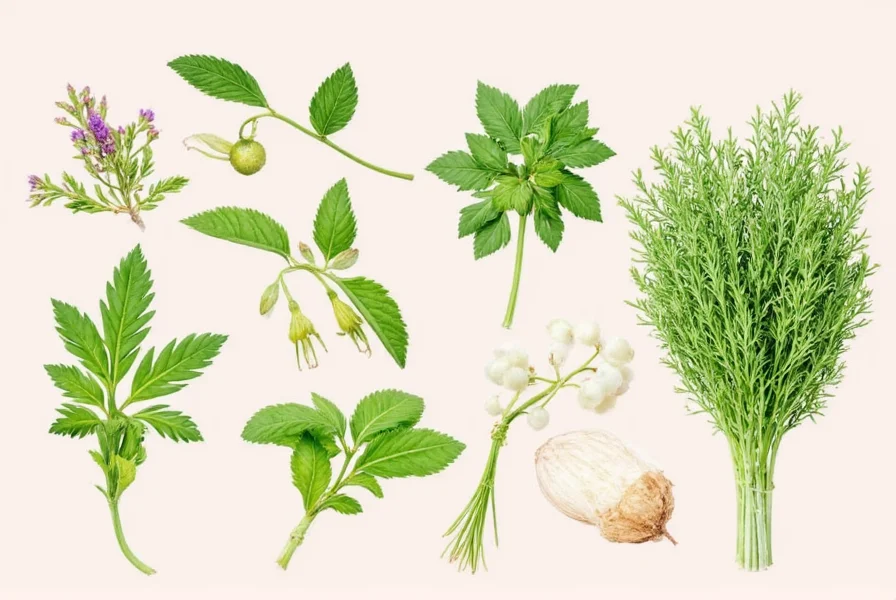
Creative Ways to Use Herbs in Everyday Cooking
Think beyond sprinkling herbs over a salad. Here are some out-of-the-box ways to maximize their potential:
- Make flavored oils: Infuse olive oil with rosemary or thyme for bread dipping or grilling.
- Create compound butter: Mix chopped parsley, lemon zest, and butter for an instant steak upgrade.
- Blend into smoothies: Add mint or spinach to morning green smoothies for freshness.
- Infuse syrups: Mint simple syrup adds flair to cocktails and mocktails.
- Add to rice or grains: Stir chopped dill or chives into quinoa or couscous before serving.
- DIY seasoning blends: Combine oregano, thyme, sage, and basil for a homemade Italian herb mix.
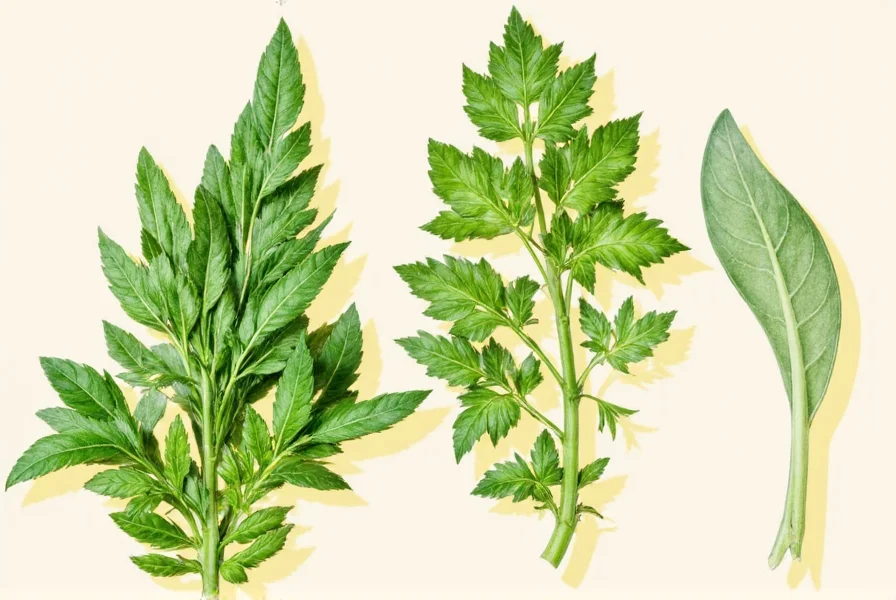
Storing Tips for Maximum Freshness
You bought beautiful herbs — don't let them wilt away in the fridge! Here's how to keep them fresh longer:
For Fresh Herbs:
- Trim the ends and place in a glass of water (like a bouquet).
- Cover loosely with a plastic bag and refrigerate.
- Wrap delicate herbs like cilantro in a damp paper towel inside a sealed container.
For Dried Herbs:
- Store in airtight containers away from light and heat.
- Label each jar with the purchase date to track freshness.
- Grind whole leaves just before use for stronger flavor.
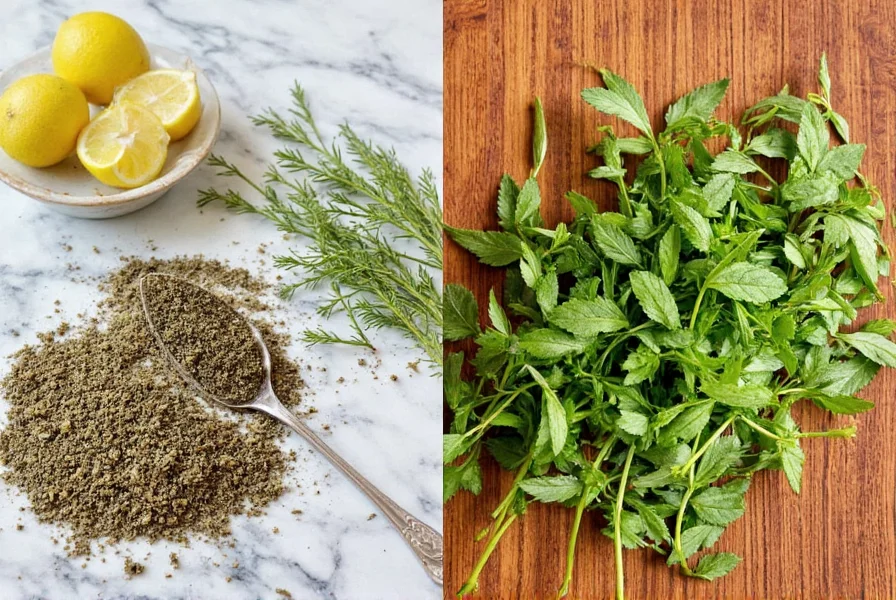
Frequently Asked Questions About Herbs
What are the most essential herbs every home cook should know?
Beyond the 10 herbs detailed in our guide, the absolute essentials for most home kitchens are basil, parsley, cilantro, and thyme. These four herbs cover a wide range of culinary applications across multiple cuisines. Basil shines in Italian dishes, cilantro is indispensable for Mexican and Asian cooking, parsley serves as both garnish and flavor component in countless dishes, and thyme brings earthy depth to everything from soups to roasted meats.
How can I tell similar-looking herbs apart?
Telling herbs apart comes down to observation of multiple characteristics. For example, cilantro and flat-leaf parsley look similar but cilantro has more rounded, lacy edges with a citrusy aroma, while parsley has more pointed tips with a grassier scent. Basil varieties can be distinguished by leaf size and color - sweet basil has large, green leaves while Thai basil has smaller, purple-tinged leaves with an anise note. The best approach is to use multiple senses: sight (leaf shape, color), touch (texture), and smell (distinct aromatic profiles).
Which herbs can be substituted for one another?
While fresh herbs have unique flavors, some substitutions work well in a pinch. Marjoram can replace oregano (use 1:1 ratio), tarragon works for basil in some French dishes, and chervil can substitute for parsley. For dried herbs, remember that 1 teaspoon dried usually equals 1 tablespoon fresh. However, some herbs like cilantro and dill have very distinctive flavors with no perfect substitutes. When substituting, consider the primary flavor profile you're trying to achieve in your dish.
What's the difference between herbs and spices?
Herbs come from the leafy parts of herbaceous (non-woody) plants, while spices come from other plant parts like seeds, roots, fruits, berries, or bark. For example, basil, parsley, and mint are herbs because we use their leaves, while cumin (seeds), ginger (root), and cinnamon (bark) are spices. Generally, herbs have more delicate flavors best added toward the end of cooking, while spices often benefit from longer cooking times to release their full flavor potential.
Which herbs grow well together in a home garden?
Some herbs naturally complement each other both in the garden and in cooking. The classic trio of basil, parsley, and chives grows well together and covers many culinary needs. Mediterranean herbs like rosemary, thyme, and oregano share similar water and sunlight requirements. Keep in mind that mint is an aggressive grower that's best planted separately as it can overtake other herbs. For container gardening, consider pairing cilantro with dill (both prefer cooler conditions) or rosemary with sage (both prefer drier soil).
Conclusion: Elevate Your Kitchen with Herbs
Whether you're a weekend warrior in the kitchen or a professional chef looking to impress, mastering different kinds of herbs can take your meals from basic to brilliant. With this guide in hand (or bookmarked for later), you're well on your way to becoming a true flavor artist.
So next time you reach for that salt shaker, consider adding a pinch of oregano or a dash of thyme instead. Your taste buds will thank you — and so will your guests.

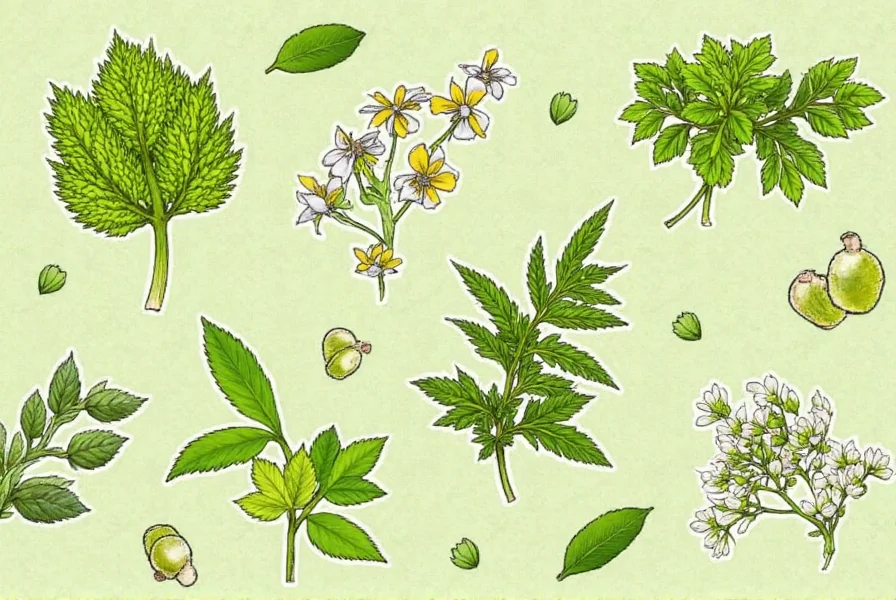









 浙公网安备
33010002000092号
浙公网安备
33010002000092号 浙B2-20120091-4
浙B2-20120091-4